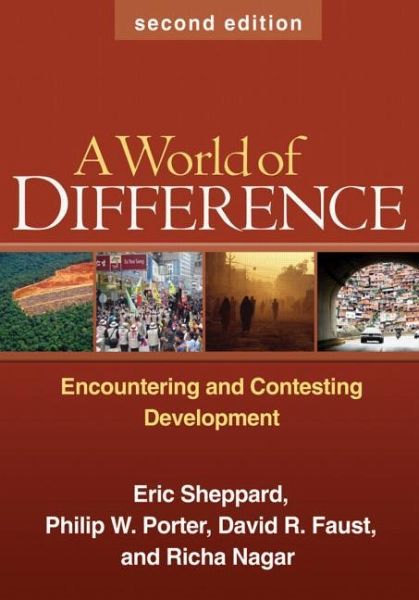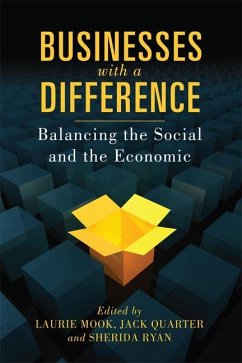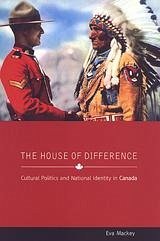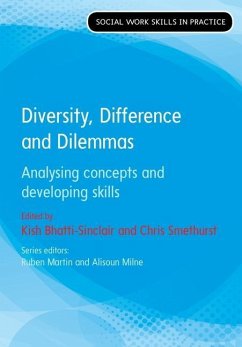
A World of Difference
Encountering and Contesting Development
Versandkostenfrei!
Versandfertig in über 4 Wochen
87,99 €
inkl. MwSt.

PAYBACK Punkte
44 °P sammeln!
Widely regarded as the authoritative text on development geography, this volume examines the nature and causes of global inequality and critically analyzes contemporary approaches to economic development across the third world. Students gain a deeper understanding of the interacting dynamics of culture, gender, race, and class; biophysical factors, such as climate, population, and natural resources; and economic and political processes--all of which have led to the present-day disparities between the first and third worlds. Numerous examples, sidebars, and figures illustrate how people in the ...
Widely regarded as the authoritative text on development geography, this volume examines the nature and causes of global inequality and critically analyzes contemporary approaches to economic development across the third world. Students gain a deeper understanding of the interacting dynamics of culture, gender, race, and class; biophysical factors, such as climate, population, and natural resources; and economic and political processes--all of which have led to the present-day disparities between the first and third worlds. Numerous examples, sidebars, and figures illustrate how people in the global South are experiencing and contesting the forces of globalization.













